Hypoallergenic Jewelry: Why Gold Is the Best Metal
Hypoallergenic jewelry is designed to minimize the risk of allergic reactions for individuals with metal allergies. This type of jewelry is especially important for people with sensitive skin who may experience irritation or discomfort when wearing certain metals. Gold is considered the best metal for hypoallergenic jewelry due to its non-allergenic properties and versatility. In this article, we will explore why gold is the ideal choice for individuals with metal allergies and discuss other hypoallergenic metals for jewelry.
Key Takeaways
- Hypoallergenic jewelry is designed to minimize the risk of allergic reactions for individuals with metal allergies.
- Gold is the best metal for hypoallergenic jewelry due to its non-allergenic properties.
- Gold alloys can still be hypoallergenic depending on their composition.
- Silver, platinum, and titanium are other hypoallergenic options for jewelry.
- When choosing hypoallergenic jewelry, it is important to understand metal allergies, test for allergies, and choose the right metal.
What is Hypoallergenic Jewelry?
Understanding Allergies to Jewelry
Allergies to jewelry can be a common problem for many people. Sensitive skin is often the culprit, reacting to certain metals found in jewelry. It's important to understand which metals are more likely to cause allergic reactions.
One way to determine if you have an allergy to a specific metal is through a patch test. This involves applying a small amount of the metal to your skin and monitoring for any adverse reactions. If you experience redness, itching, or irritation, it's likely that you have an allergy to that metal.
To avoid allergic reactions, it's best to opt for hypoallergenic metals. These metals are less likely to cause skin irritation and are a safer choice for those with sensitive skin. Gold is one such metal that is known for its non-allergenic properties.
Here are some common metals that can cause allergies:
- Nickel
- Copper
- Brass
By choosing hypoallergenic jewelry, you can enjoy wearing beautiful pieces without the worry of skin irritation or allergic reactions.
Common Allergenic Metals in Jewelry
When it comes to jewelry, not all metals are created equal. Some metals can cause allergic reactions in sensitive individuals. Common allergenic metals found in jewelry include nickel, cobalt, and brass. These metals can cause skin irritation, redness, itching, and even blisters. It is important to be aware of these allergenic metals and avoid them if you have sensitive skin or known metal allergies.
To help you make informed choices, here is a table summarizing the common allergenic metals in jewelry:
| Metal | Allergenicity |
|---|---|
| Nickel | High |
| Cobalt | High |
| Brass | Moderate |
It is worth noting that even metals considered hypoallergenic, like gold and silver, can still contain traces of allergenic metals. Therefore, it is essential to choose jewelry made from high-quality, pure metals to minimize the risk of allergic reactions.
If you have sensitive skin or metal allergies, it is recommended to opt for hypoallergenic metals like gold, silver, platinum, or titanium. These metals are less likely to cause allergic reactions and are considered safer options for individuals with metal sensitivities.
Benefits of Hypoallergenic Jewelry
Hypoallergenic jewelry offers several benefits for individuals with metal allergies. Comfort is one of the key advantages of hypoallergenic jewelry. Since these pieces are made from metals that are less likely to cause allergic reactions, they are more comfortable to wear for extended periods of time. Additionally, hypoallergenic jewelry is safe for individuals with sensitive skin. It reduces the risk of skin irritation, redness, and itching that can occur with other metals. Furthermore, hypoallergenic jewelry is versatile and comes in a wide range of styles and designs, allowing individuals with metal allergies to express their personal style without compromising their comfort or health.
Here are some additional benefits of hypoallergenic jewelry:
- Durability: Hypoallergenic metals like gold are known for their durability, making them resistant to tarnishing and corrosion.
- Longevity: Hypoallergenic jewelry can last a lifetime with proper care and maintenance.
- Hypoallergenicity: These metals have low allergenicity, minimizing the risk of allergic reactions.
In summary, hypoallergenic jewelry provides comfort, safety, and versatility for individuals with metal allergies. It offers durability, longevity, and low allergenicity, making it an excellent choice for those seeking jewelry that is both stylish and hypoallergenic.
Why Gold is the Best Metal for Hypoallergenic Jewelry
Gold's Non-Allergenic Properties
Gold is known for its non-allergenic properties, making it an excellent choice for hypoallergenic jewelry. Unlike other metals that can cause allergic reactions, gold is generally well-tolerated by most people. This is because gold is a noble metal, which means it is less likely to react with the skin and cause irritation.
In addition to being non-allergenic, gold also offers other benefits for sensitive skin. It is hypoallergenic, meaning it is less likely to cause an allergic reaction. Gold is also corrosion-resistant, which means it does not tarnish or rust over time. This makes gold jewelry a durable and long-lasting option for those with sensitive skin.
When choosing gold jewelry for sensitive skin, it is important to consider the purity of the gold. Higher purity gold, such as 24 karat gold, is less likely to cause an allergic reaction compared to lower purity gold. It is also important to choose gold jewelry that is nickel-free, as nickel is a common allergen and can cause skin irritation.
In summary, gold's non-allergenic properties, hypoallergenicity, and corrosion resistance make it the best metal for hypoallergenic jewelry. It is a safe and durable option for those with sensitive skin.
Purity and Allergenicity
When it comes to hypoallergenic jewelry, the purity of gold plays a crucial role in determining its allergenicity. Pure gold, also known as 24 karat gold, is the least likely to cause allergic reactions. However, pure gold is too soft to be used in jewelry, so it is often alloyed with other metals to increase its durability.
Gold alloys with a lower karatage, such as 18k or 14k gold, are commonly used in jewelry. These alloys contain a smaller percentage of gold and a higher percentage of other metals, such as copper or nickel. While these alloys are generally considered hypoallergenic, individuals with severe metal allergies may still experience reactions.
To ensure the highest level of hypoallergenicity, it is recommended to choose gold jewelry with a higher karatage and minimal alloying metals. Additionally, opting for gold jewelry that is specifically labeled as hypoallergenic can provide added assurance for those with sensitive skin.
Gold Alloys and Hypoallergenicity
Gold alloys are commonly used in jewelry making to enhance the durability and strength of gold. However, not all gold alloys are hypoallergenic. It is important to choose gold alloys that have a low percentage of allergenic metals, such as nickel. Nickel, a common allergenic metal, can cause skin irritation and allergic reactions in some individuals. Therefore, it is recommended to opt for gold alloys that are specifically formulated to be hypoallergenic, with a minimal amount of nickel or other allergenic metals.
When purchasing gold jewelry, look for 18K gold or higher. These higher karat gold alloys typically have a lower percentage of allergenic metals, making them less likely to cause allergic reactions. Additionally, consider choosing gold alloys that are labeled as nickel-free or hypoallergenic to further minimize the risk of allergies.
If you have a known allergy to gold or other metals, it is advisable to consult with a dermatologist or allergist before purchasing gold jewelry.
Gold Jewelry for Sensitive Skin
If you have sensitive skin and are prone to allergies, gold jewelry can be a great option for you. Gold is known for its non-allergenic properties, making it less likely to cause skin irritation or allergic reactions. Additionally, gold is a pure metal that is less likely to contain allergenic substances compared to other metals. It is important to note that the purity of gold can affect its allergenicity. Higher purity gold, such as 24 karat gold, is less likely to cause allergies compared to lower purity gold. However, pure gold is also softer and more prone to scratches, so it is often alloyed with other metals to enhance its durability. Gold alloys that are commonly used in jewelry, such as 18 karat gold or 14 karat gold, are still considered hypoallergenic for most people with sensitive skin. When choosing gold jewelry for sensitive skin, it is recommended to opt for hypoallergenic gold alloys and avoid gold-plated or gold-filled jewelry, as these may contain allergenic metals in the base metal. Taking proper care of your gold jewelry, such as cleaning it regularly and avoiding harsh chemicals, can also help prevent skin irritation and maintain its hypoallergenic properties.
Other Hypoallergenic Metals for Jewelry
Silver as a Hypoallergenic Option
Silver is another popular metal choice for hypoallergenic jewelry. It is known for its affordability and versatility. Silver jewelry is often made from sterling silver, which is an alloy composed of 92.5% silver and 7.5% other metals, usually copper. This composition gives sterling silver its strength and durability.
One advantage of silver jewelry is that it can be easily customized and crafted into various designs. It is also a good option for those who prefer a more subtle and understated look. However, it is important to note that some people may still have allergies or sensitivities to silver, especially if they are allergic to copper.
If you choose to wear silver jewelry, it is recommended to opt for pieces that are labeled as hypoallergenic or nickel-free. These pieces are less likely to cause allergic reactions. Additionally, regular cleaning and maintenance can help prevent tarnishing and keep your silver jewelry looking its best.
In summary, silver is a hypoallergenic option for jewelry, but it is important to consider individual sensitivities and choose high-quality, hypoallergenic pieces to minimize the risk of allergic reactions.
Platinum: A Safe Choice for Allergies
Platinum, a precious metal, is highly valued in jewelry making due to its hypoallergenic properties. It is an excellent choice for those with sensitive skin or metal allergies. Unlike other metals, platinum does not react with the skin, making it a safe choice for those prone to allergies.
Platinum's hypoallergenic properties can be attributed to its purity. Most platinum jewelry is 95% pure, which significantly reduces the risk of allergic reactions. Here's a comparison of platinum's purity with other popular jewelry metals:
| Metal | Typical Purity |
|---|---|
| Platinum | 95% |
| Gold | 75% (18K) |
| Silver | 92.5% (Sterling) |
Tip: Always check the purity of the metal when buying jewelry, especially if you have sensitive skin or known metal allergies.
In addition to its hypoallergenic properties, platinum is also durable and resistant to wear, making it a practical choice for everyday jewelry. However, it's worth noting that platinum jewelry tends to be more expensive due to its high purity and the complex process required to craft it.
Titanium: Lightweight and Hypoallergenic
Titanium is a popular choice for hypoallergenic jewelry due to its lightweight and non-reactive properties. It is a great option for individuals with sensitive skin or metal allergies. Titanium is also known for its durability and strength, making it resistant to scratches and corrosion. Additionally, titanium jewelry is often available in a variety of stylish designs, making it a versatile choice for both casual and formal occasions.
When choosing titanium jewelry, it is important to ensure that it is made from pure titanium or a high-quality titanium alloy. This will minimize the risk of any allergic reactions. It is also recommended to avoid titanium jewelry that contains nickel, as nickel can cause allergic reactions in some individuals.
In summary, titanium offers a lightweight and hypoallergenic alternative for individuals with metal allergies. Its durability, versatility, and non-reactive properties make it an excellent choice for those looking for stylish and comfortable jewelry options.
Alternative Metals for Hypoallergenic Jewelry
When it comes to hypoallergenic jewelry, there are several alternative metals that can be a great choice for those with sensitive skin. These metals offer a stylish and safe option for individuals who want to avoid allergic reactions. Here are some popular alternatives:
-
Stainless Steel: Known for its durability and affordability, stainless steel is a popular choice for hypoallergenic jewelry. It is resistant to tarnish and corrosion, making it a long-lasting option.
-
Niobium: This metal is known for its hypoallergenic properties and is often used in medical implants. It is lightweight, corrosion-resistant, and available in a variety of colors.
-
Tungsten: Tungsten is a strong and scratch-resistant metal that is becoming increasingly popular in jewelry. It is hypoallergenic and offers a modern and sleek look.
-
Palladium: Palladium is a rare and precious metal that is similar to platinum. It is hypoallergenic, lightweight, and resistant to tarnish.
When choosing alternative metals for hypoallergenic jewelry, it is important to consider your personal style, budget, and any specific metal allergies you may have. Consulting with a jeweler can help you find the perfect metal that suits your needs and preferences.
Tips for Choosing Hypoallergenic Jewelry
Understanding Metal Allergies
Metal allergies occur when the immune system reacts to certain metals, causing an allergic reaction. Nickel is one of the most common allergenic metals found in jewelry, with approximately 10-20% of the population being allergic to it. Other metals that can cause allergies include cobalt, chromium, and palladium.
If you suspect you have a metal allergy, there are a few steps you can take to determine which metal is causing the reaction:
- Patch testing: A dermatologist can perform patch testing to identify specific metal allergies.
- Observation: Pay attention to any symptoms or reactions when wearing different types of jewelry.
- Consultation: Seek advice from a dermatologist or allergist for a professional diagnosis.
It's important to note that even if you don't currently have a metal allergy, it's still beneficial to choose hypoallergenic jewelry to prevent potential allergies in the future.
Tip: If you have a known metal allergy, avoid wearing jewelry that contains the allergenic metal to prevent allergic reactions.
Testing for Allergies
When it comes to testing for allergies to jewelry, there are a few methods you can try. One common method is the patch test, where a small amount of the metal is applied to the skin and observed for any reaction. Another option is to visit a dermatologist who can perform a skin prick test to determine if you have any allergies. It's important to note that these tests may not be 100% accurate, as individual reactions can vary. If you suspect you have a metal allergy, it's best to consult with a medical professional for proper testing and diagnosis.
Here are some tips to keep in mind when testing for allergies:
- Start with a small area of skin to test, such as the inside of your wrist.
- Clean the area thoroughly before applying the metal.
- Leave the metal in contact with the skin for at least 24 hours.
- Observe the area for any redness, itching, or irritation.
Remember, everyone's skin is different, so what works for one person may not work for another. It's always a good idea to test any new jewelry before wearing it for an extended period of time.
Choosing the Right Metal
When choosing hypoallergenic jewelry, it is important to consider the metal used. Gold is a popular choice for those with sensitive skin due to its non-allergenic properties. However, there are other metals that can also be suitable options.
Here are some factors to consider when choosing the right metal:
- Allergenicity: Some metals may still cause allergies in certain individuals, even if they are considered hypoallergenic. It is important to test for allergies and choose a metal that is compatible with your skin.
- Durability: Consider the durability of the metal and how well it will hold up over time. Some metals, like platinum and titanium, are known for their strength and resistance to wear.
- Style and Design: Choose a metal that matches your personal style and the design of the jewelry piece. Consider factors such as color, shine, and texture.
Remember, it is always recommended to consult with a professional jeweler who can provide guidance and help you make the best choice for your needs.
Caring for Hypoallergenic Jewelry
When caring for your hypoallergenic jewelry, it is important to follow a few simple steps to ensure its longevity and maintain its hypoallergenic properties.
-
Avoid harsh chemicals: To prevent any damage to your jewelry and to minimize the risk of skin irritation, avoid exposing it to harsh chemicals such as bleach, chlorine, and cleaning agents.
-
Clean regularly: Regular cleaning is essential to remove dirt, oils, and other substances that can accumulate on your jewelry. Use a mild soap and warm water solution, and gently scrub with a soft brush.
-
Store properly: When not wearing your hypoallergenic jewelry, store it in a clean, dry place to prevent tarnishing and scratching. Consider using a jewelry box or a soft pouch to protect it from dust and other contaminants.
-
Avoid excessive moisture: Excessive moisture can cause damage to your jewelry, especially if it is made of gold or silver. Remove your jewelry before swimming, showering, or engaging in activities that may expose it to excessive moisture.
-
Regular inspections: Periodically inspect your hypoallergenic jewelry for any signs of wear or damage. If you notice any loose stones, broken clasps, or other issues, take it to a professional jeweler for repair.
Remember, proper care and maintenance will ensure that your hypoallergenic jewelry continues to be a safe and stylish choice for those with sensitive skin.
Conclusion
In conclusion, gold is the best metal for hypoallergenic jewelry. Its unique properties make it highly resistant to allergic reactions, making it suitable for individuals with sensitive skin. Additionally, gold's durability and timeless beauty make it a popular choice for jewelry lovers. So, if you're looking for jewelry that is both stylish and safe for your skin, gold is the perfect choice.
Frequently Asked Questions
Is gold hypoallergenic?
Yes, gold is hypoallergenic for most people. It is a non-reactive metal that rarely causes allergies.
Can I wear gold jewelry if I have sensitive skin?
Yes, gold jewelry is often recommended for people with sensitive skin as it is less likely to cause irritation or allergic reactions.
What is the purity of hypoallergenic gold jewelry?
Hypoallergenic gold jewelry is typically made with high purity gold, such as 18K or 24K, which contains a higher percentage of gold and fewer alloy metals.
Are there any other hypoallergenic metals for jewelry?
Yes, besides gold, other hypoallergenic metals for jewelry include silver, platinum, and titanium.
Can I wear silver jewelry if I have metal allergies?
Silver is generally considered hypoallergenic, but some people may still have allergic reactions to it. It is recommended to choose high-quality sterling silver or hypoallergenic silver alloys.
How can I test if I'm allergic to a specific metal?
To test for metal allergies, you can try wearing a small piece of jewelry made from the metal in question on your skin for a short period. If you experience any redness, itching, or irritation, you may be allergic to that metal.
Best Sellers














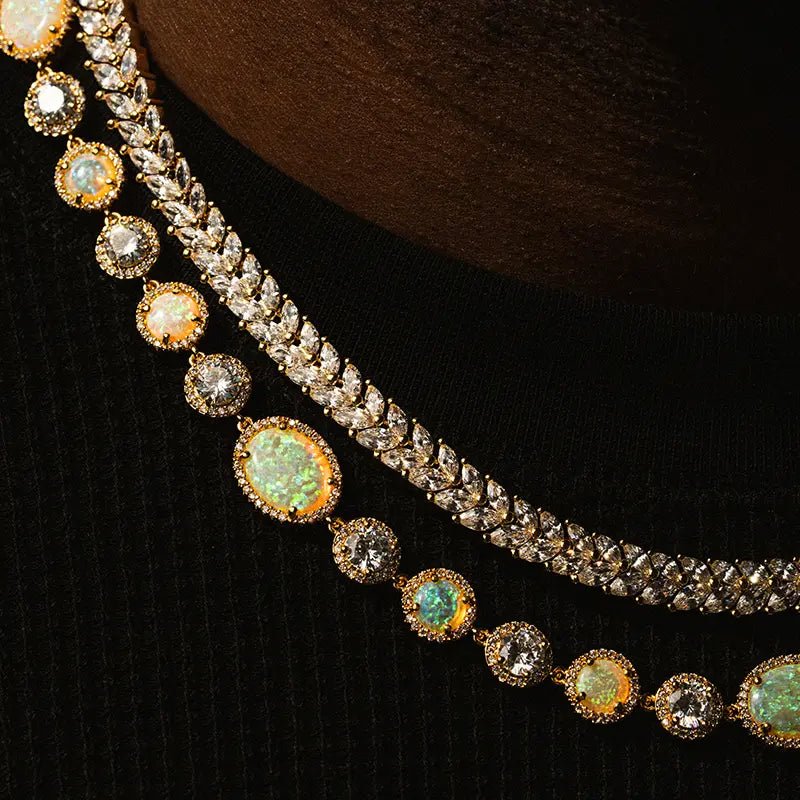
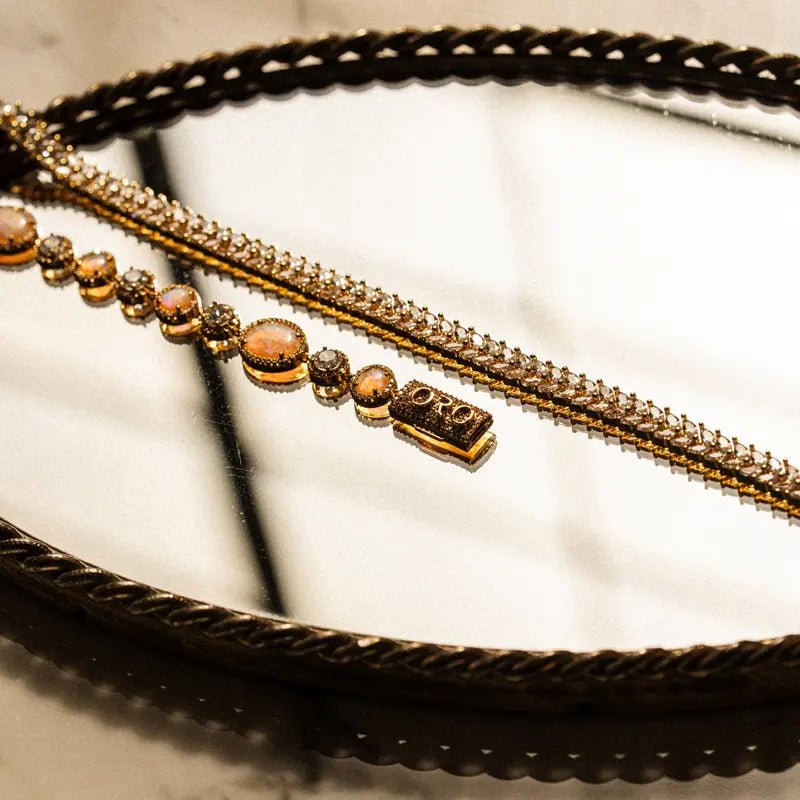



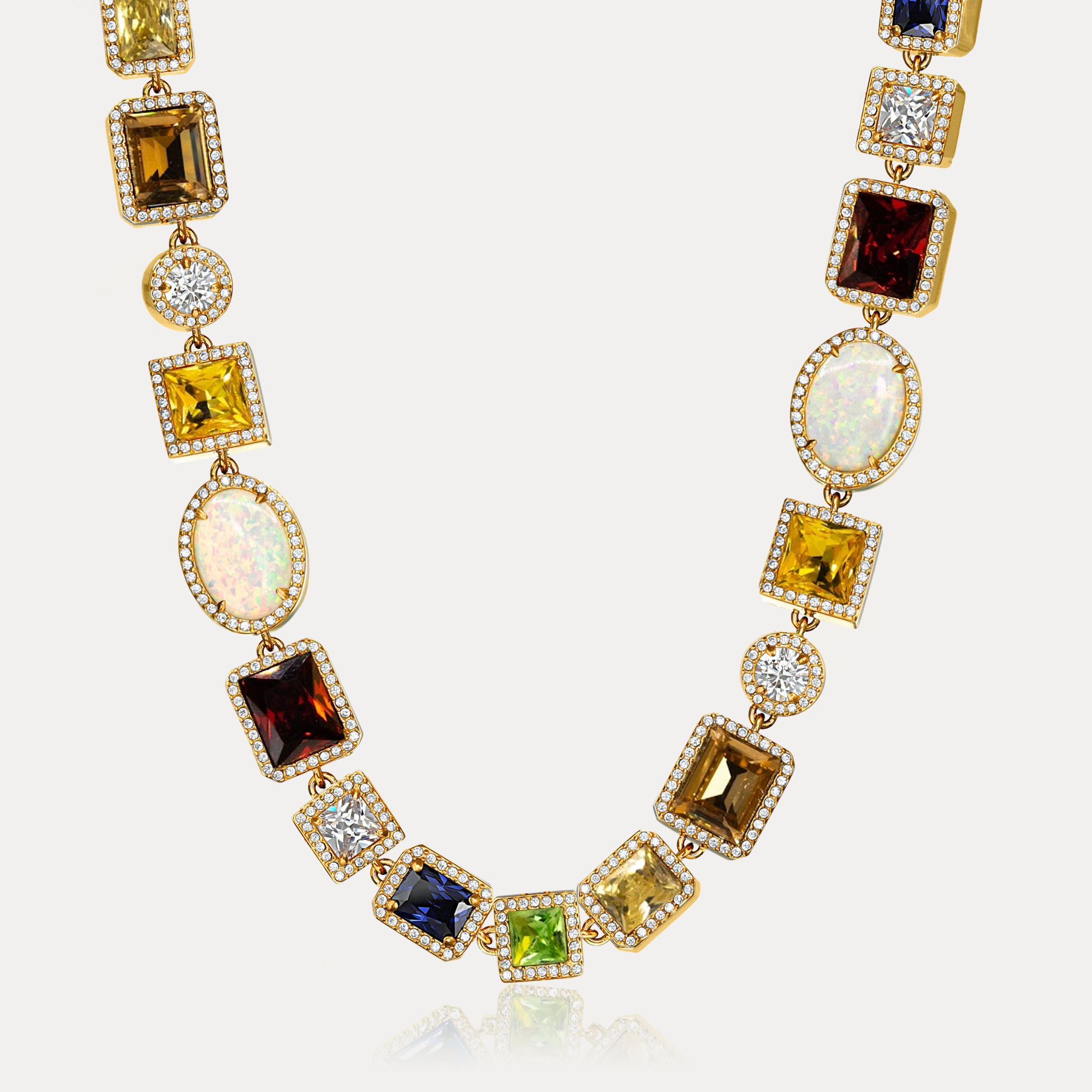
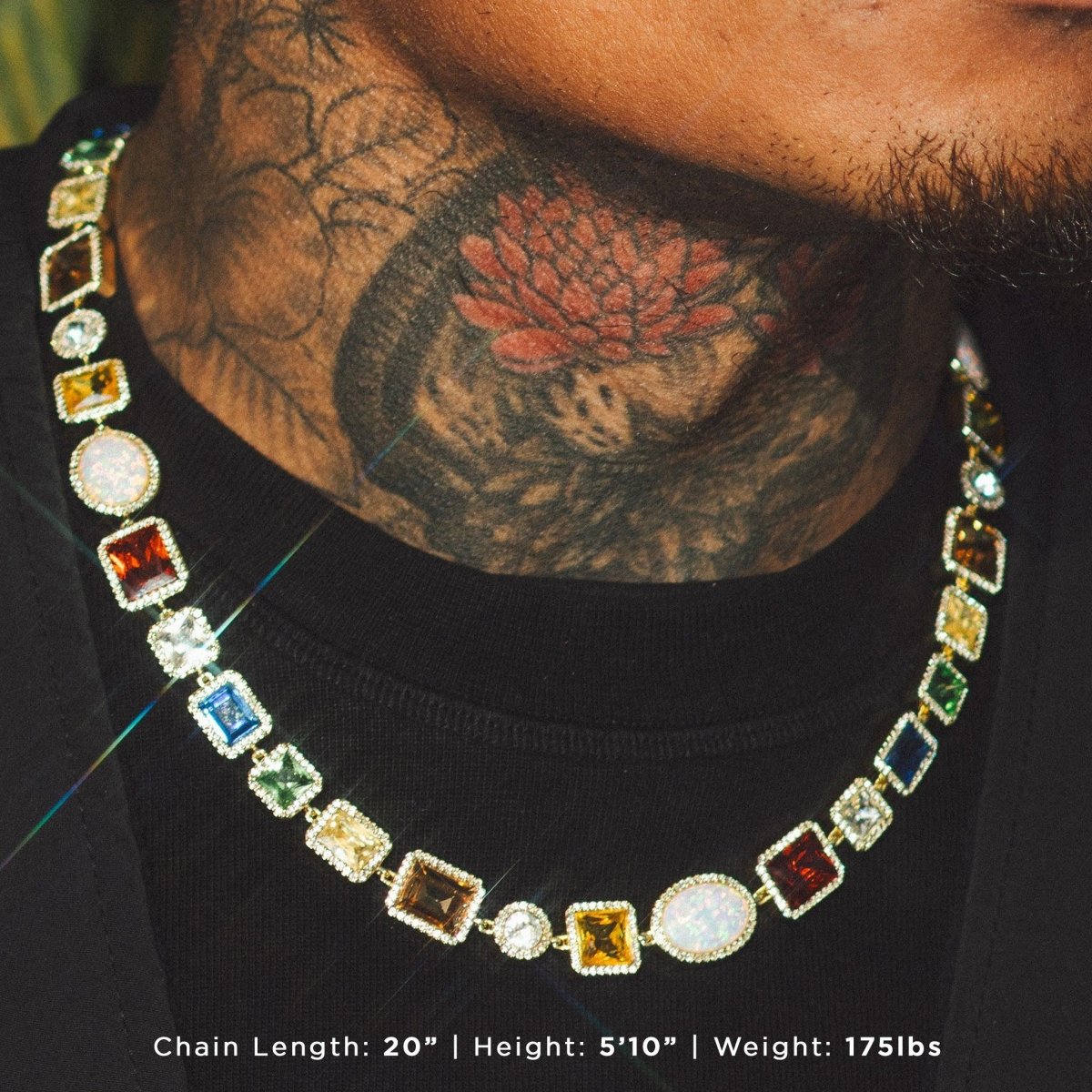
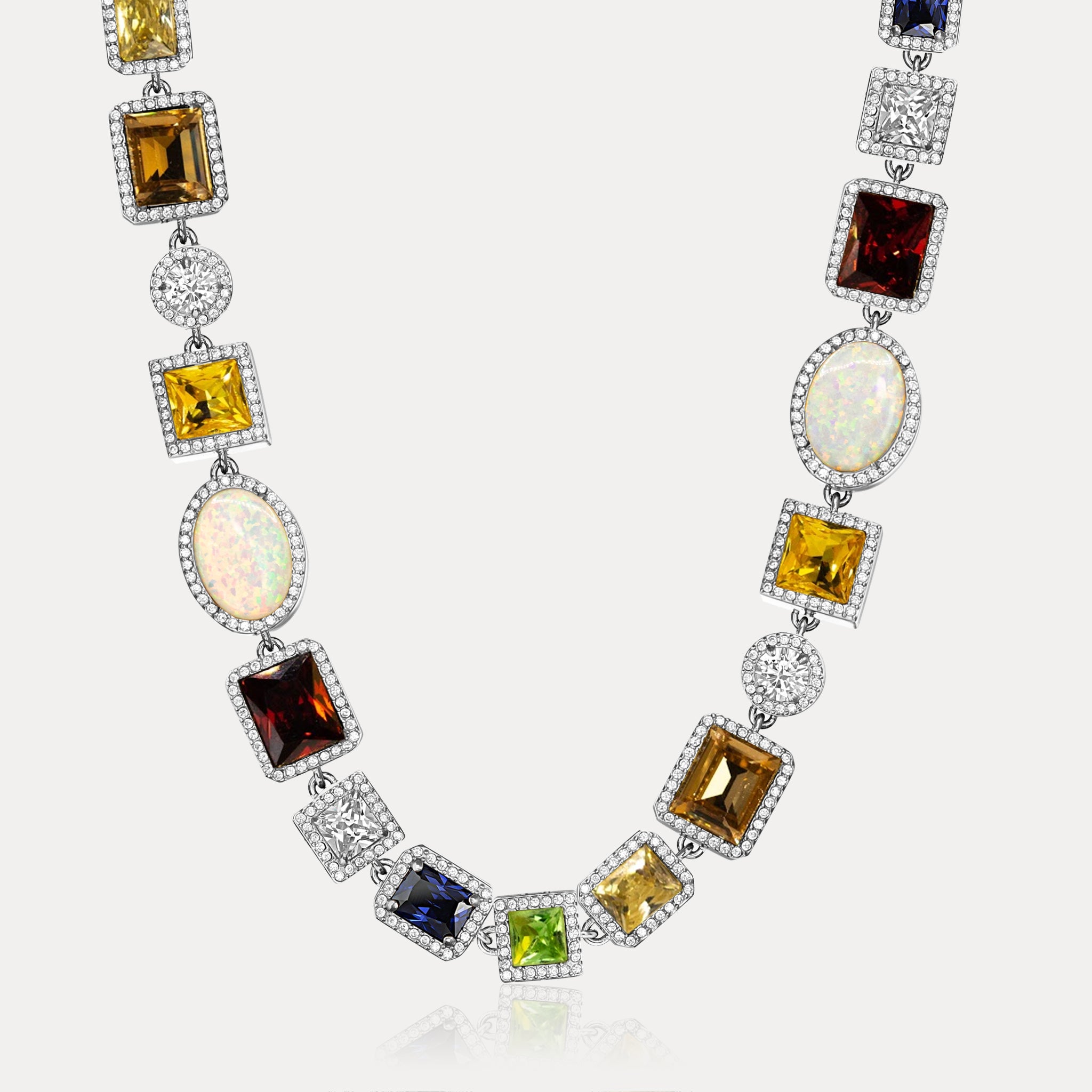
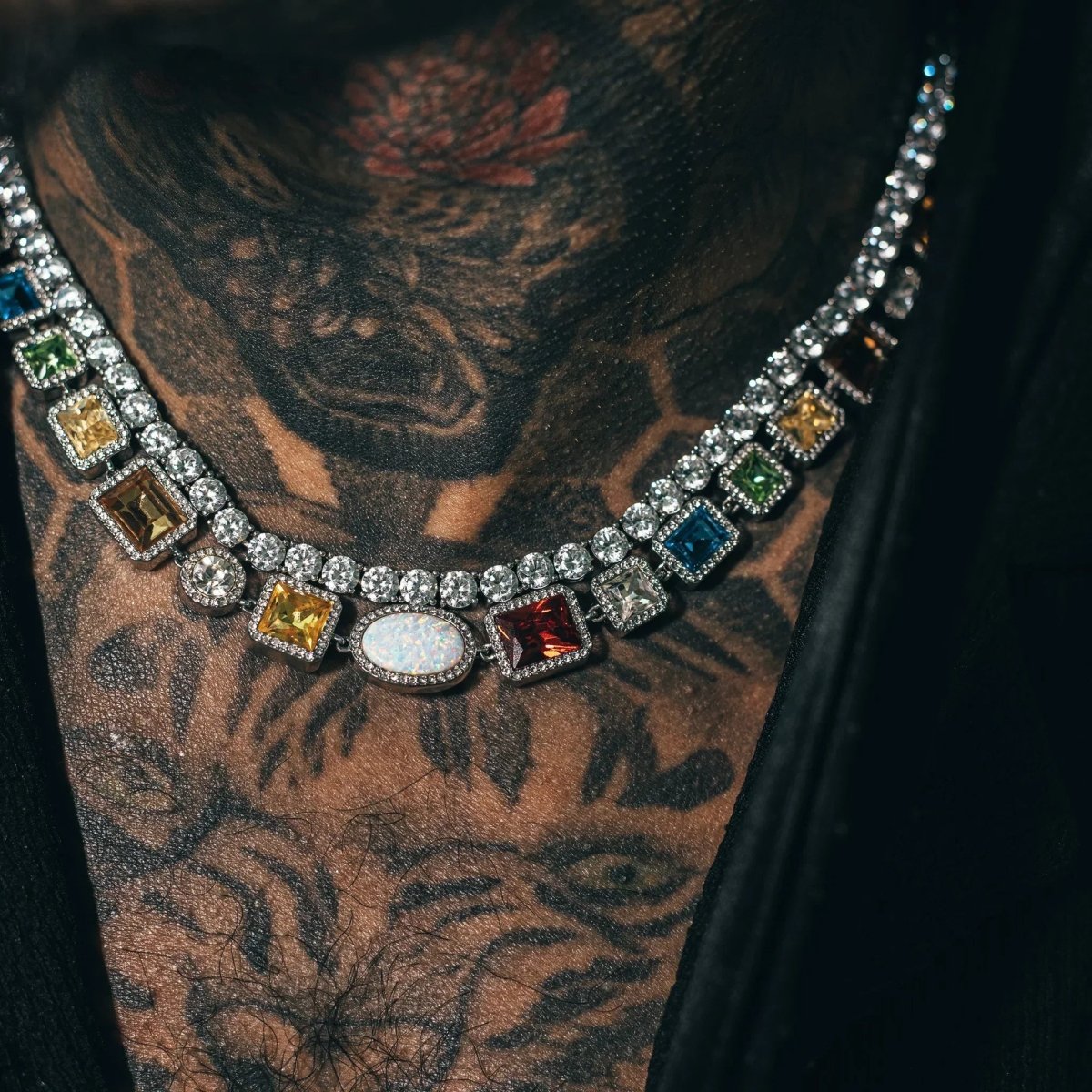
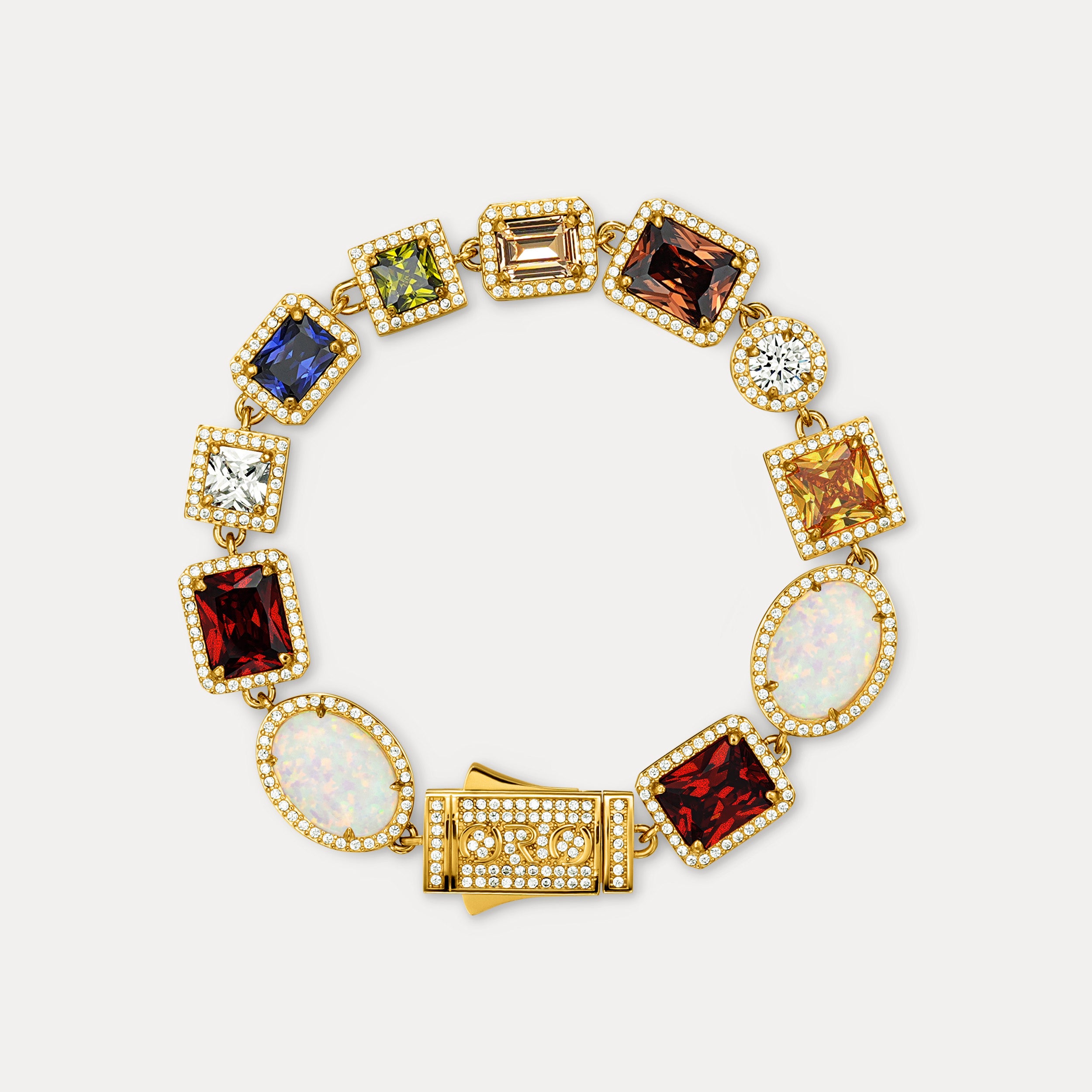

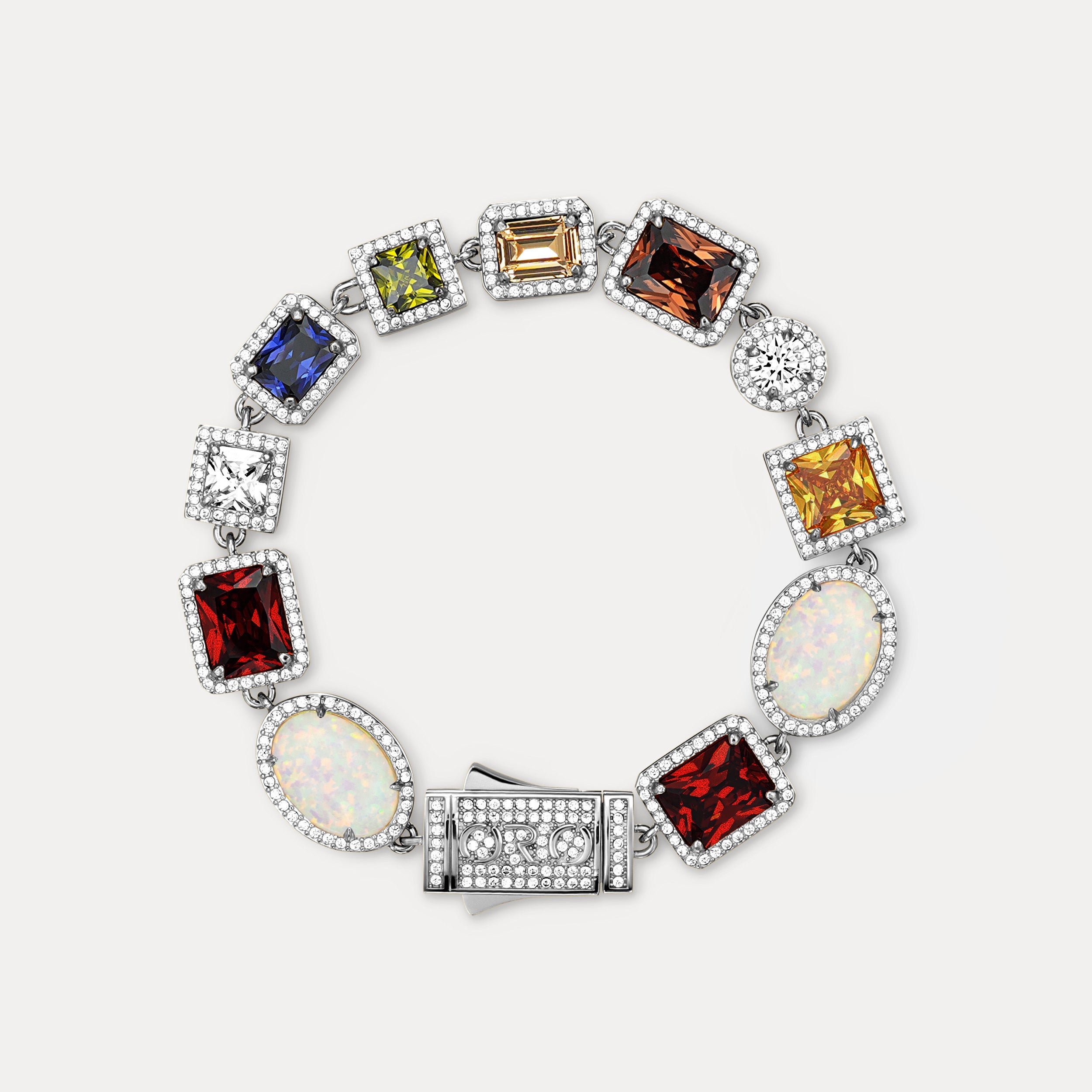
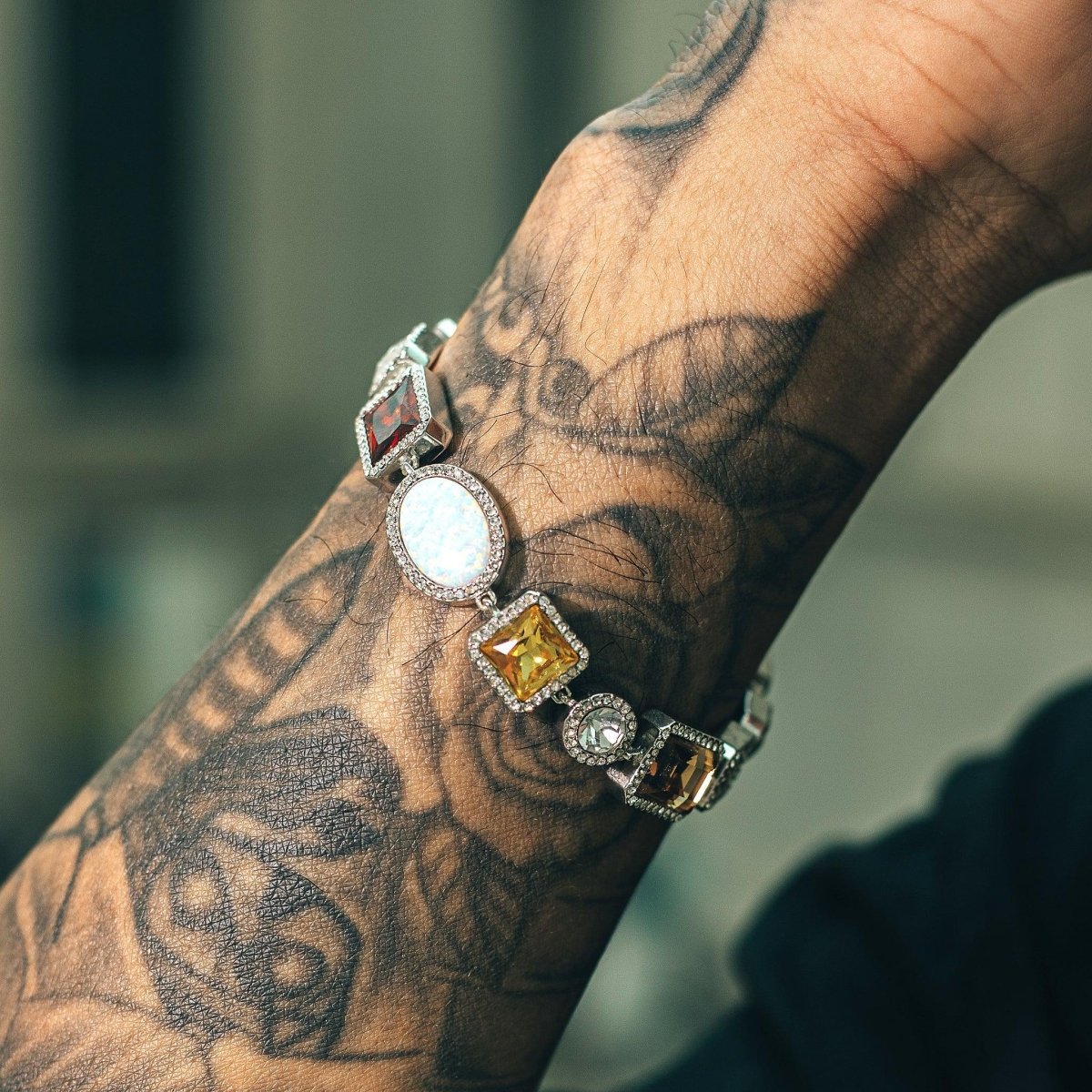
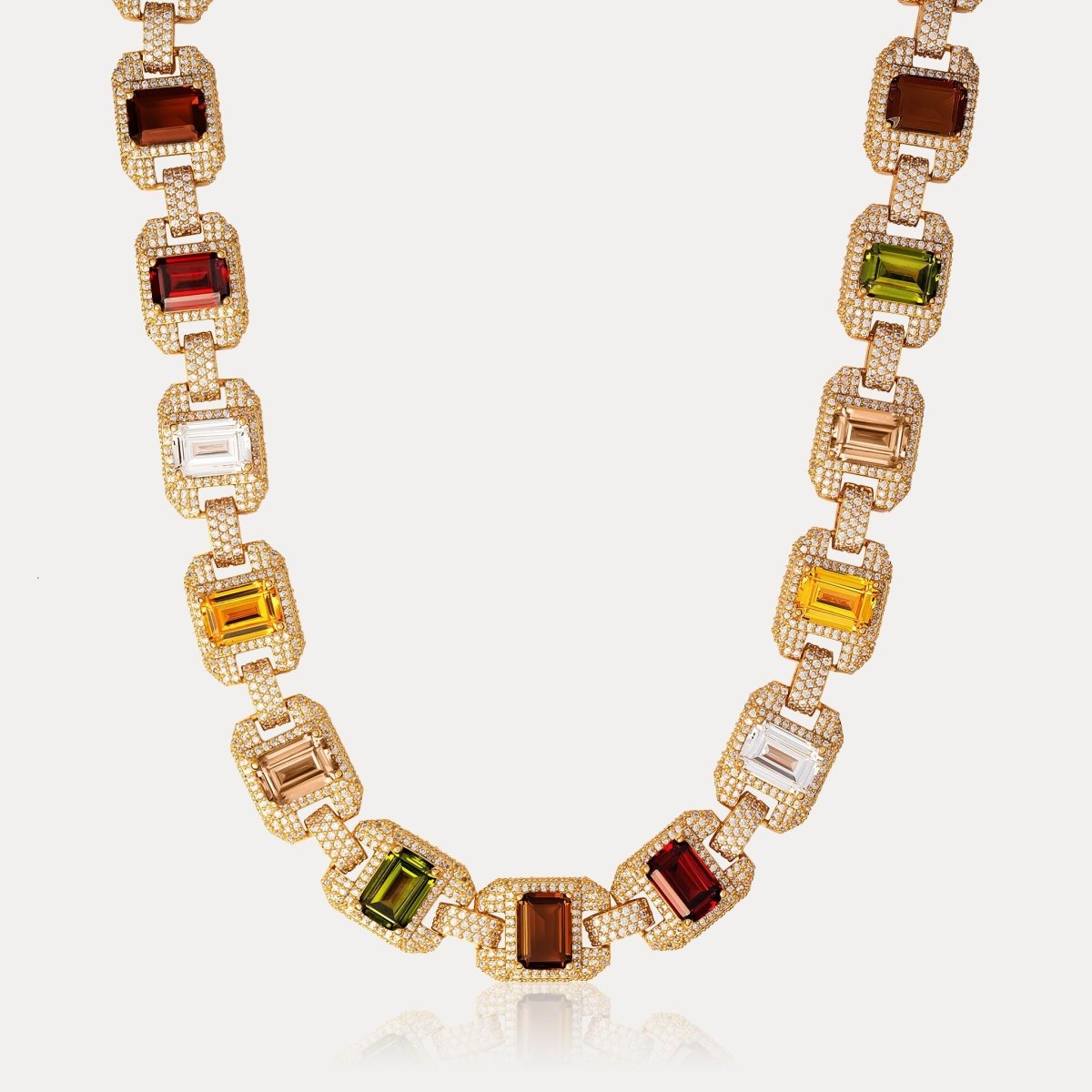


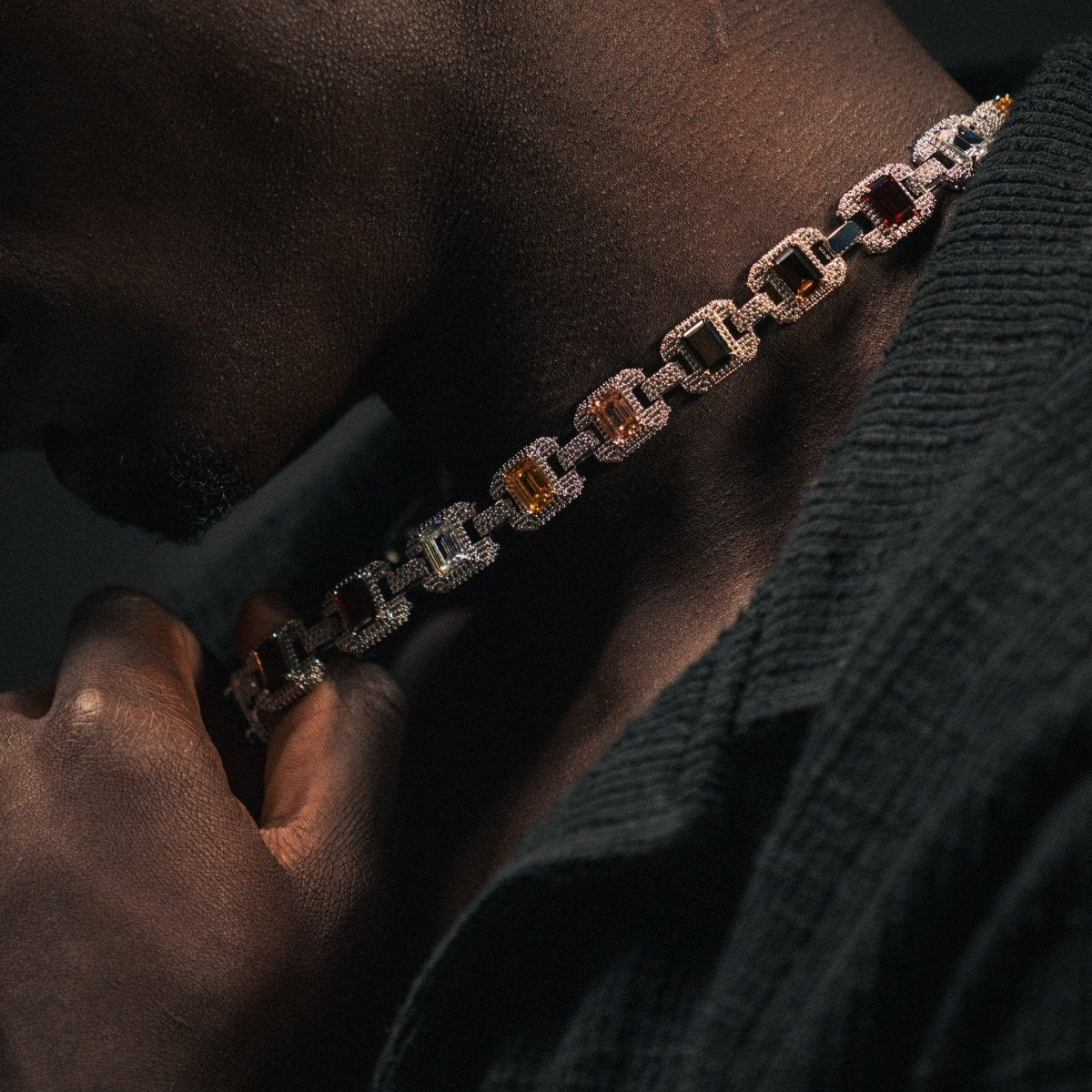
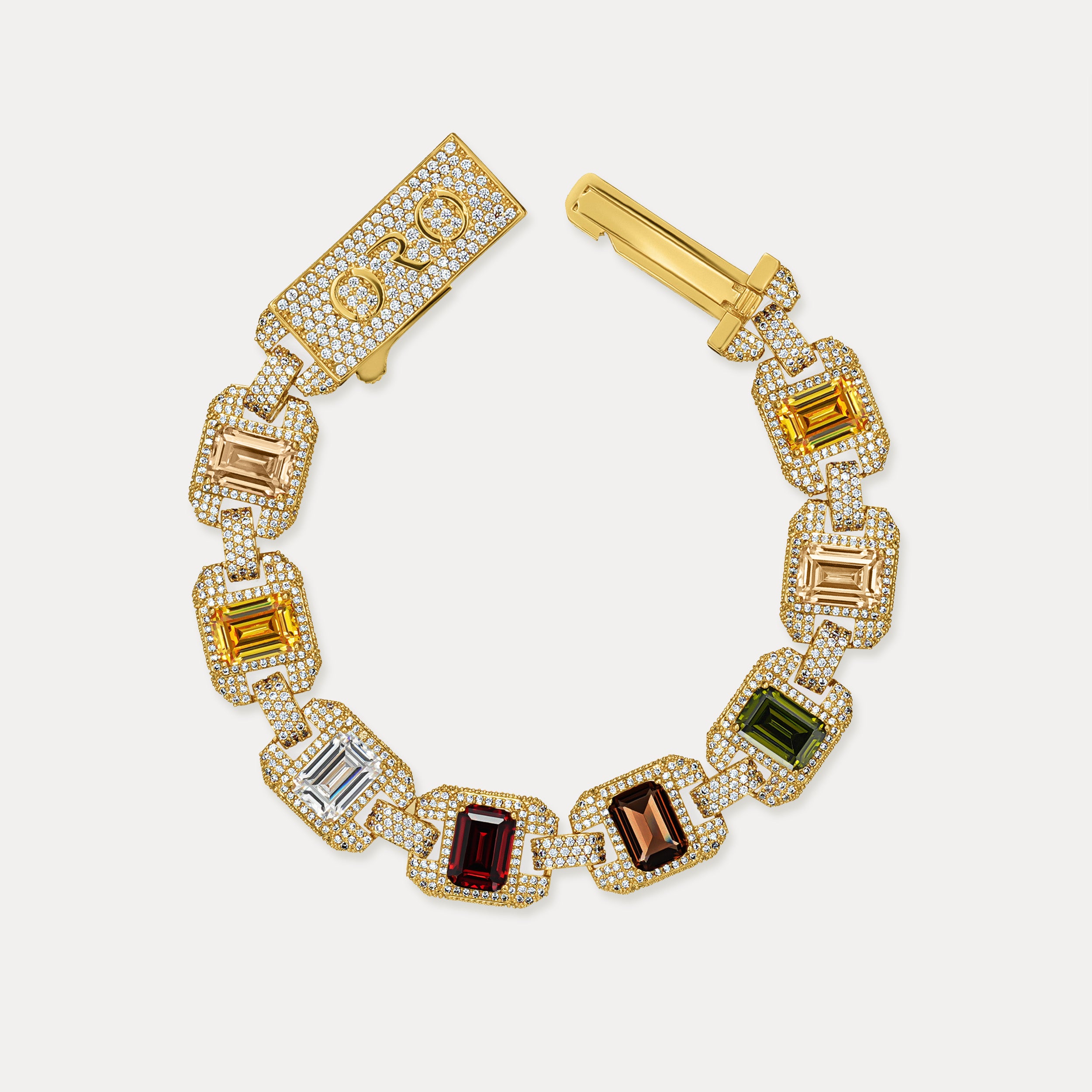

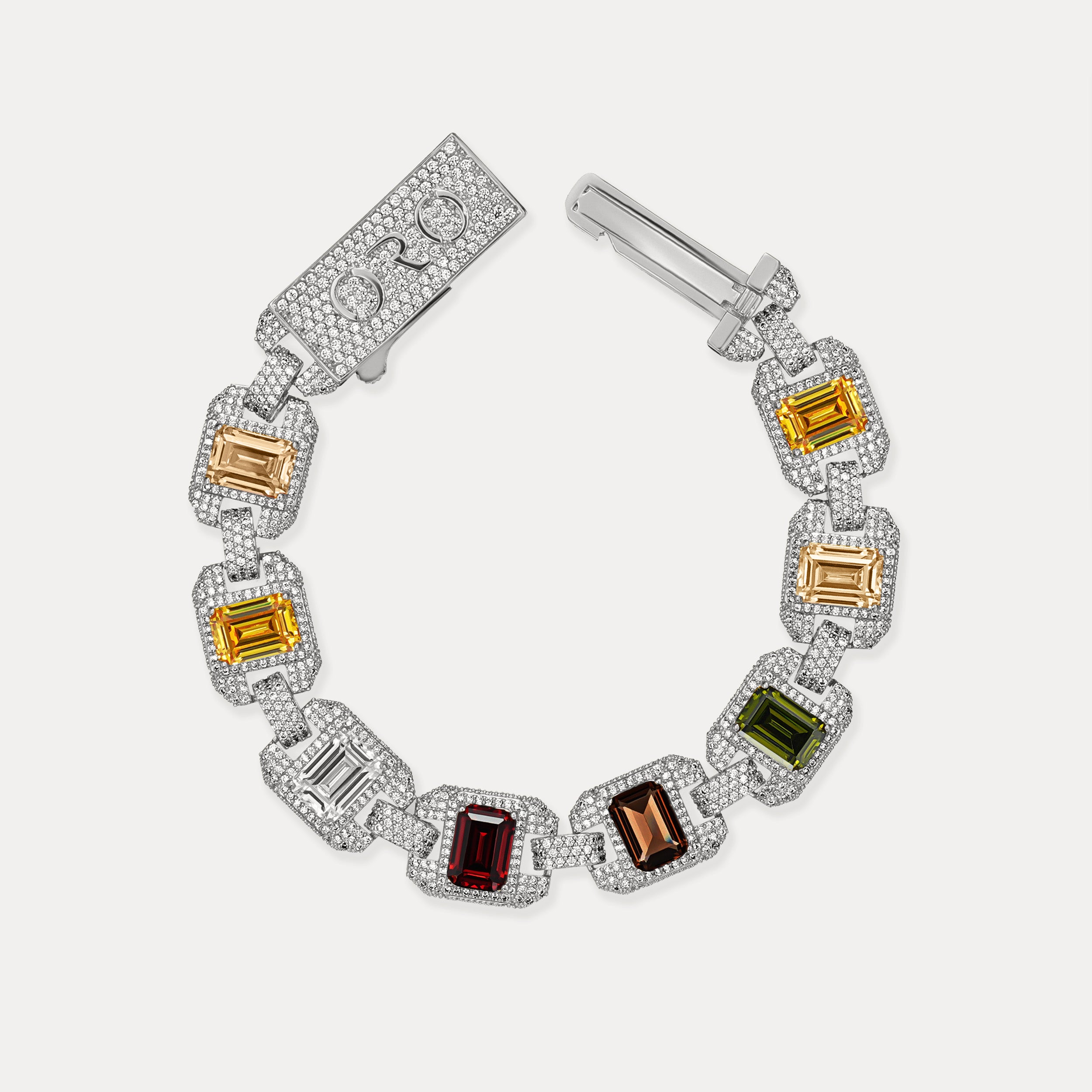

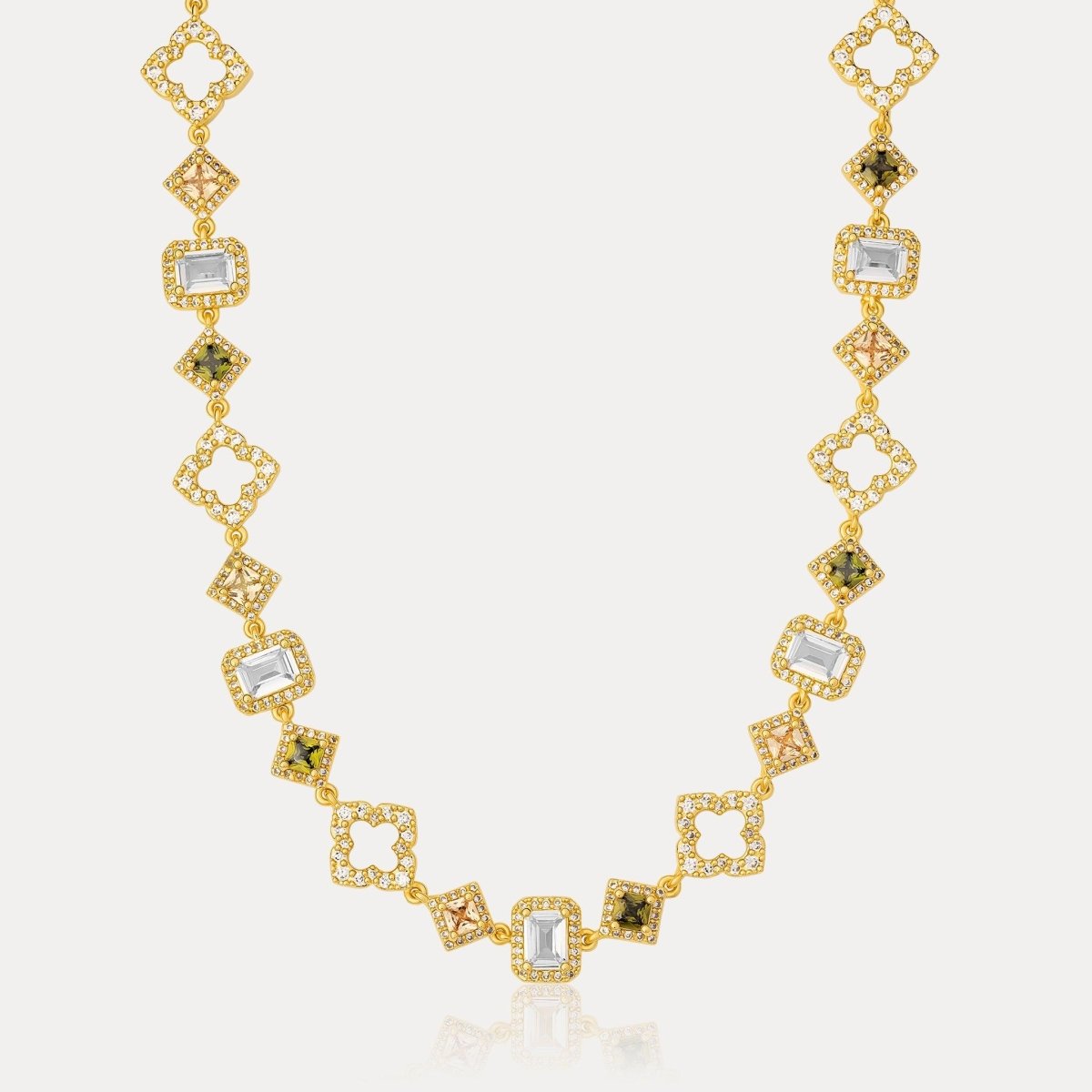

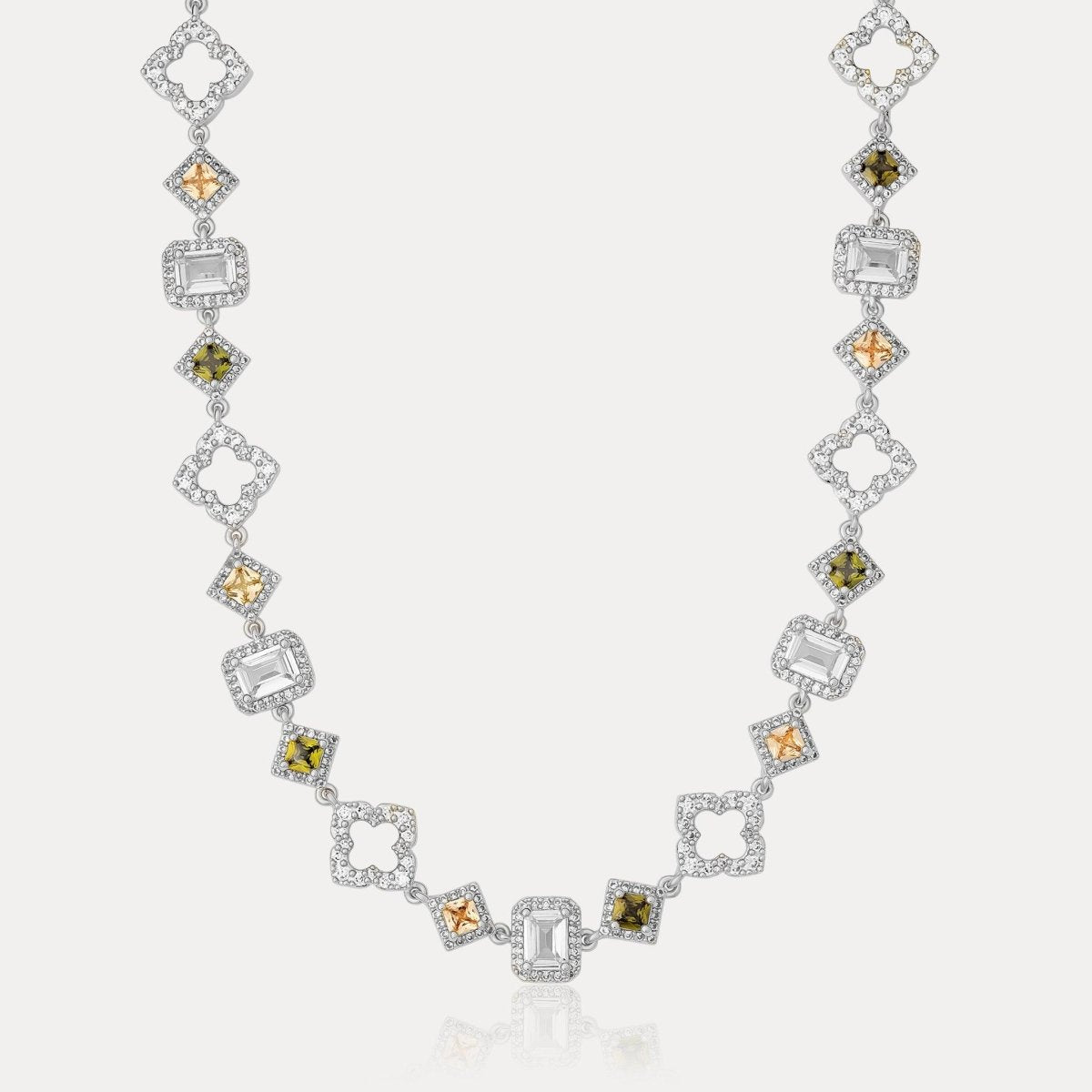

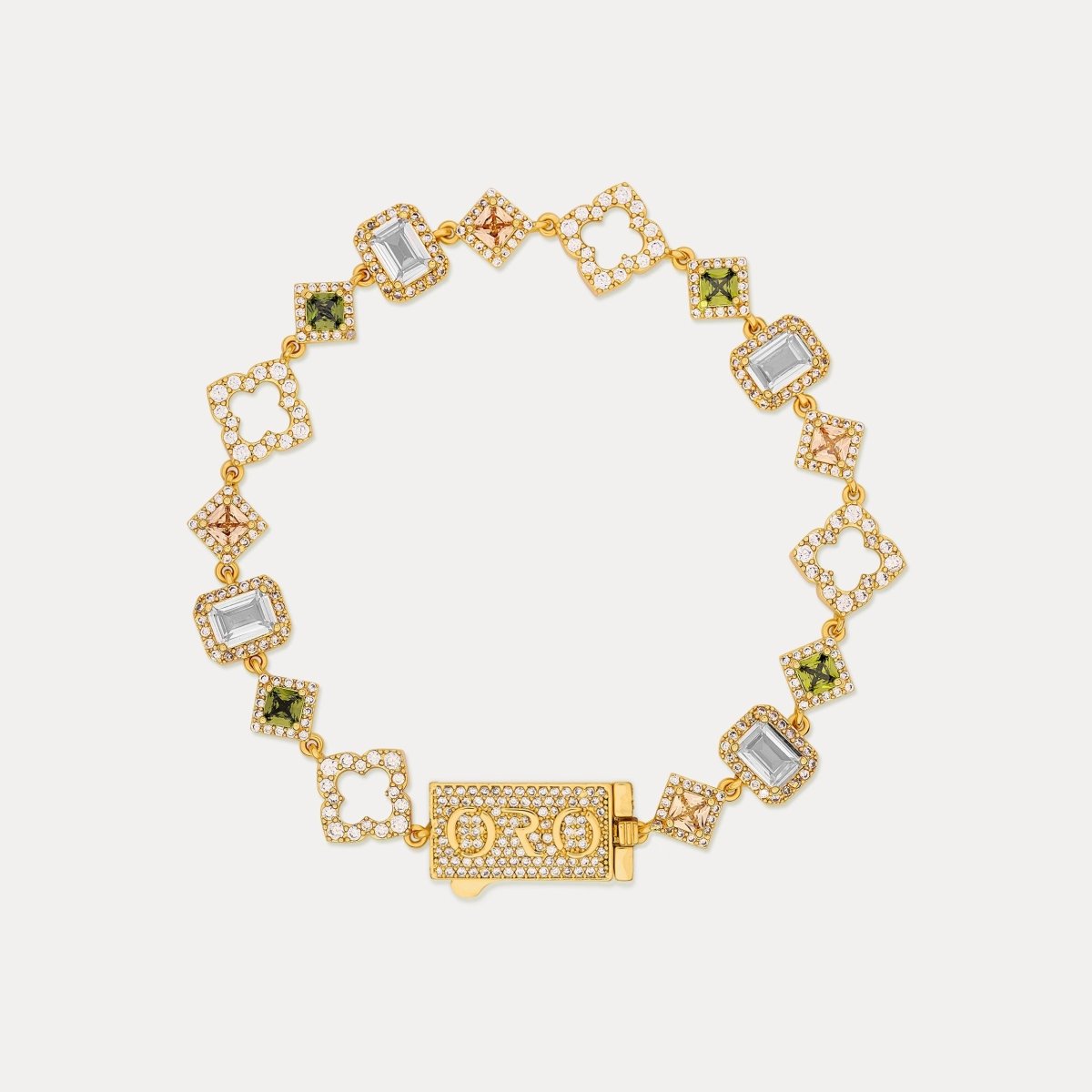
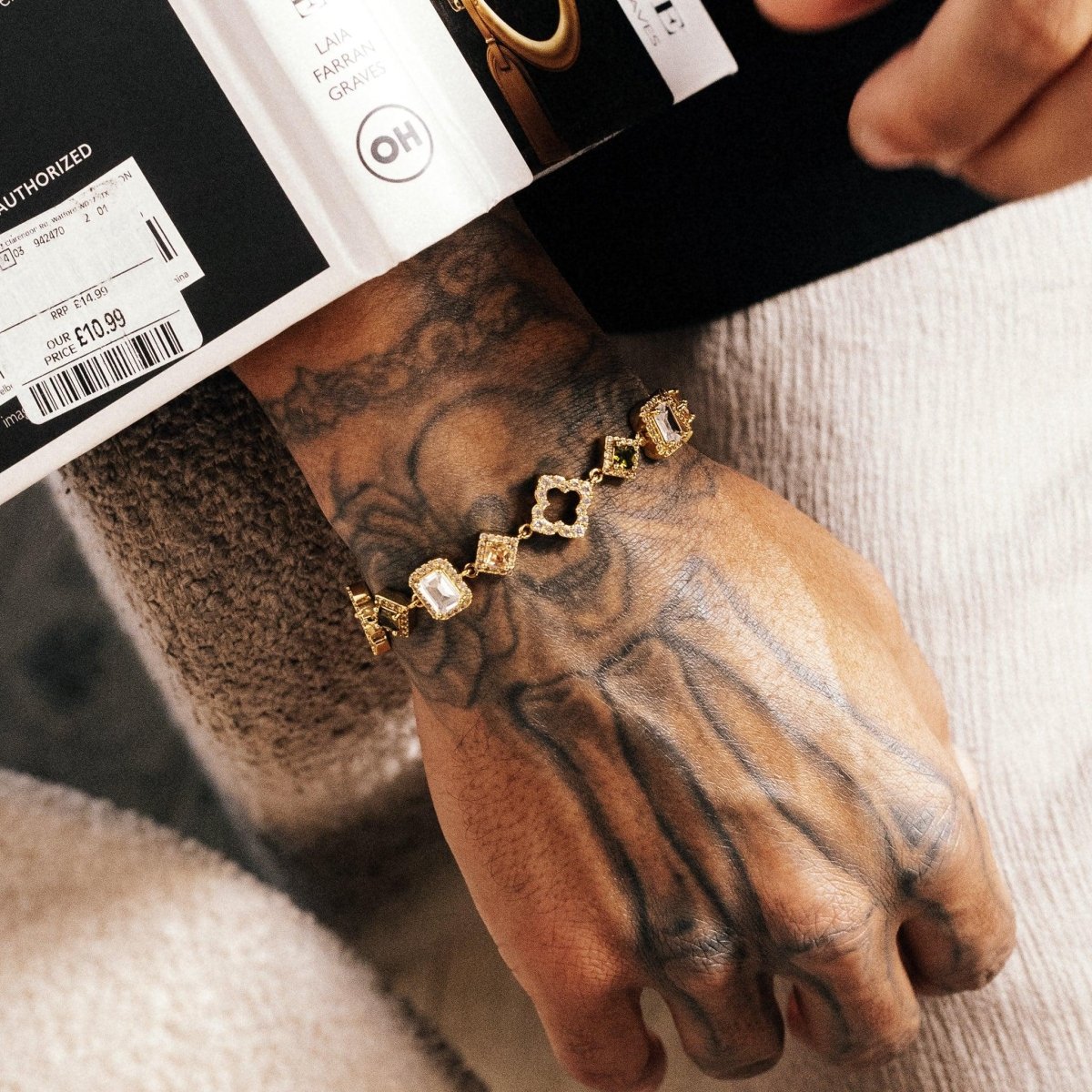
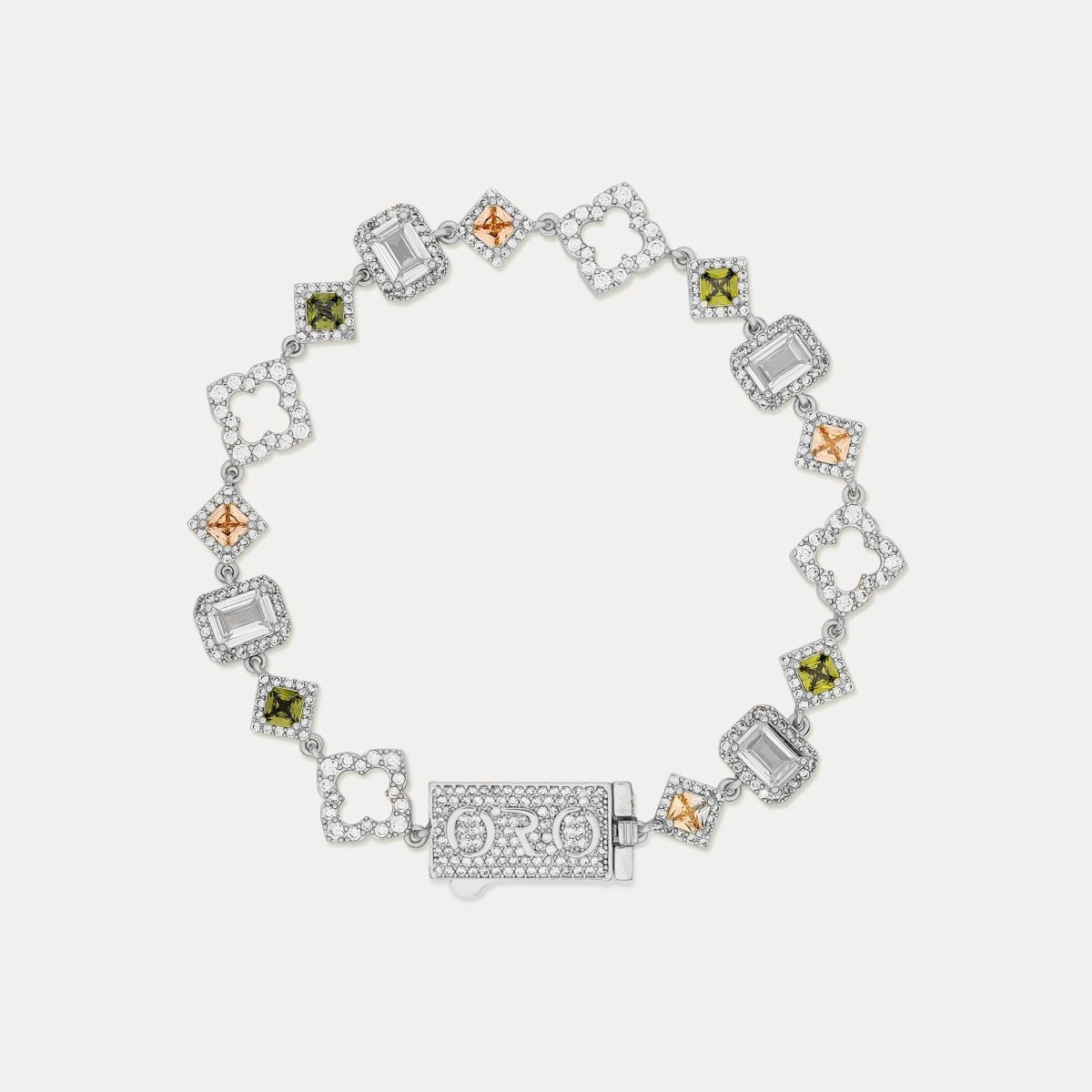

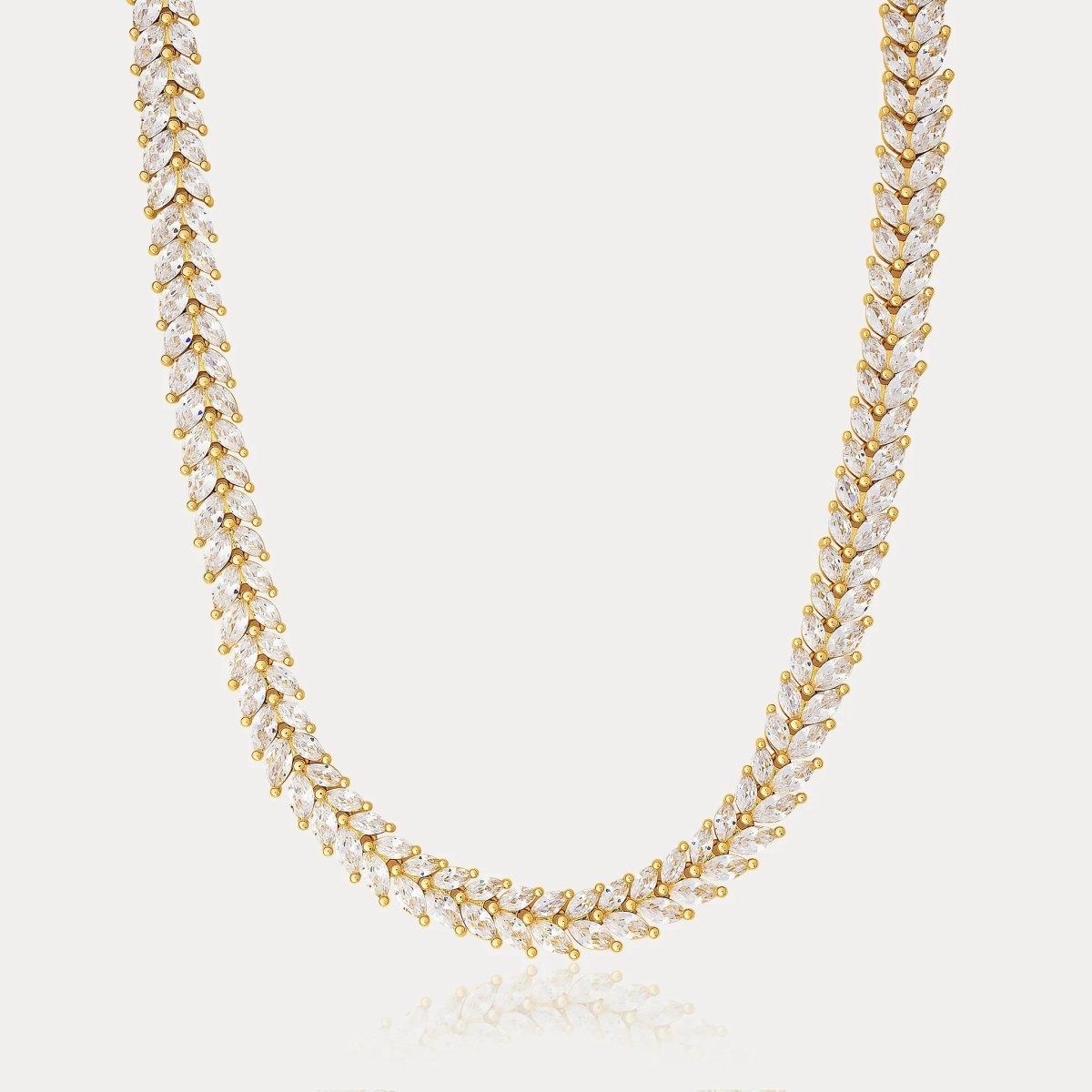
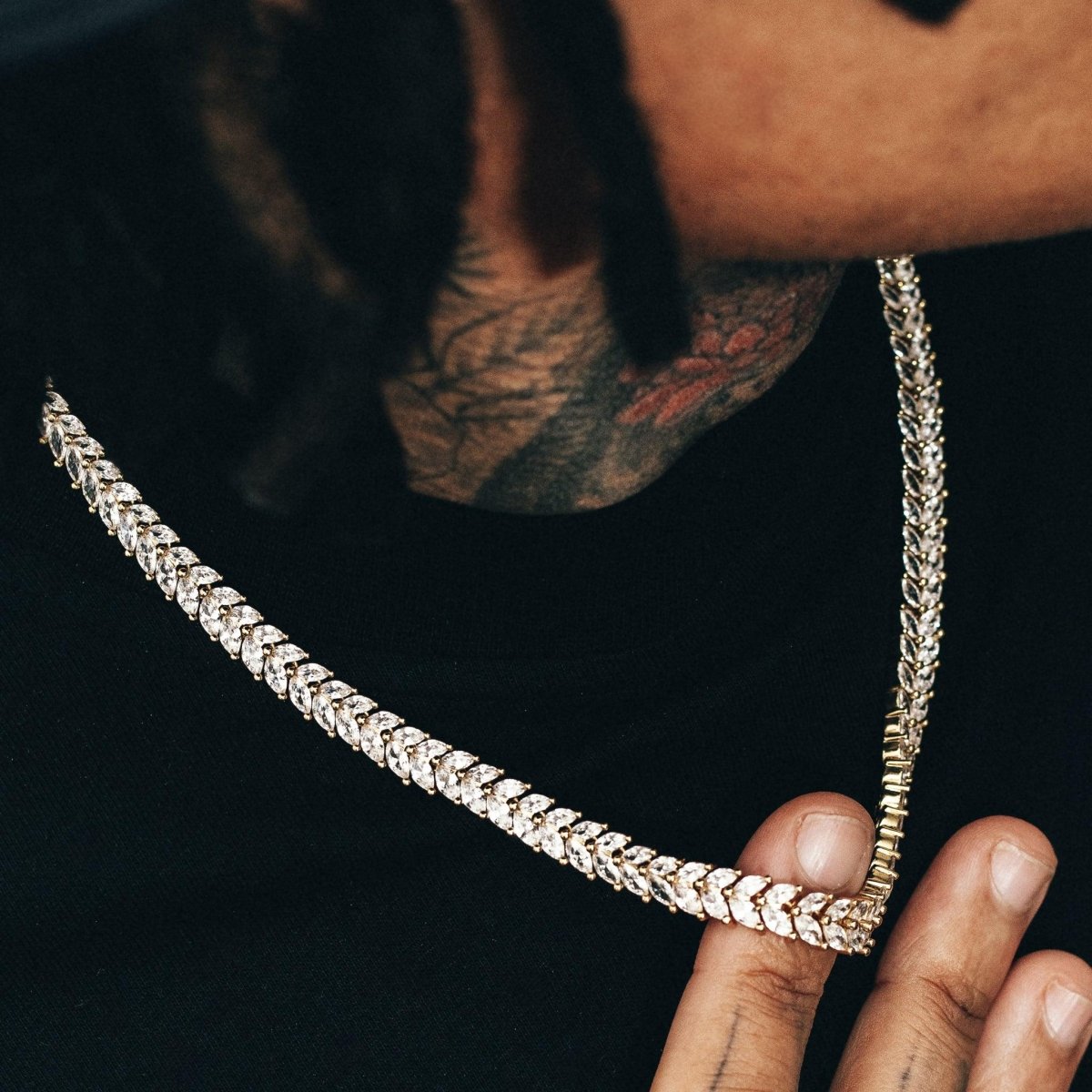
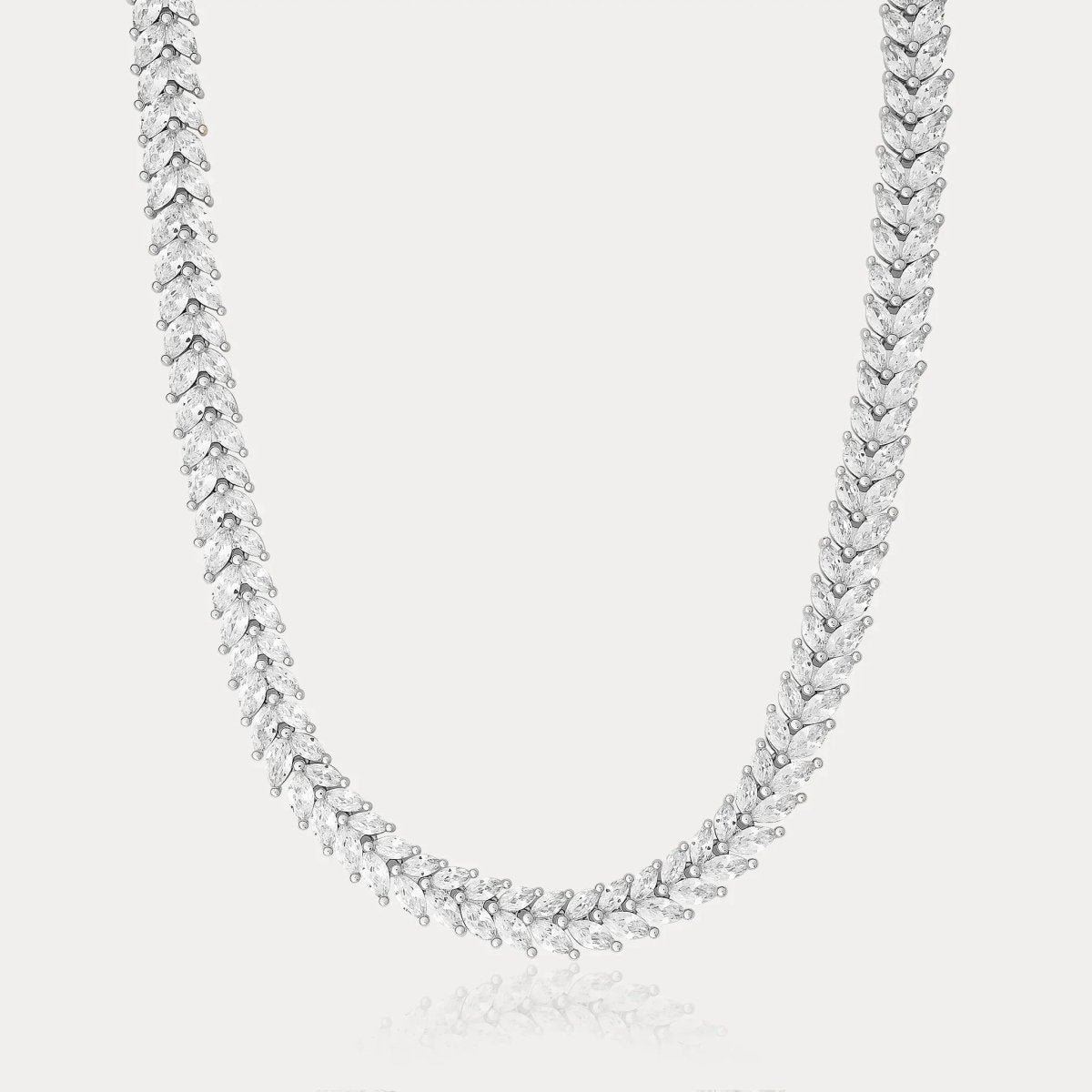

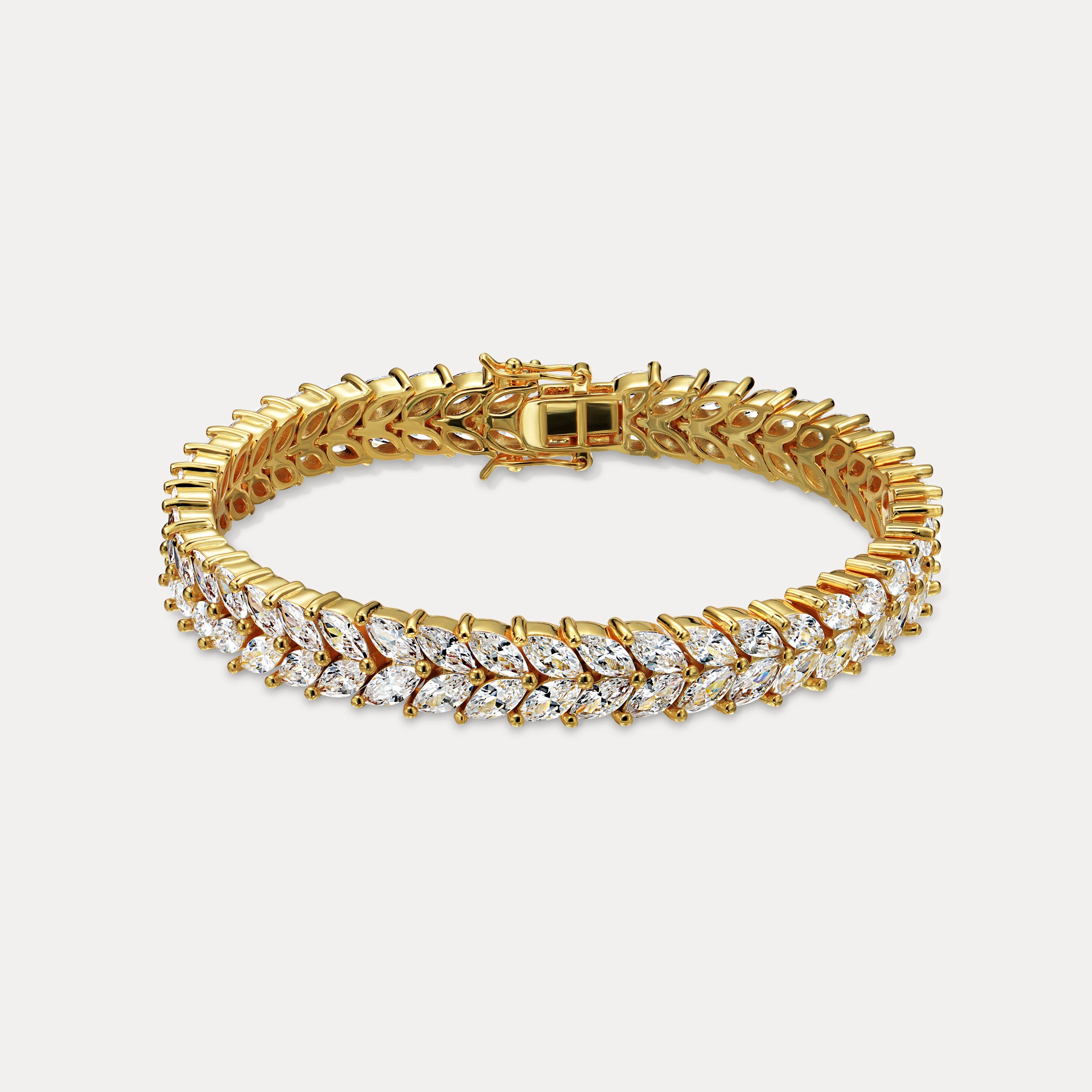

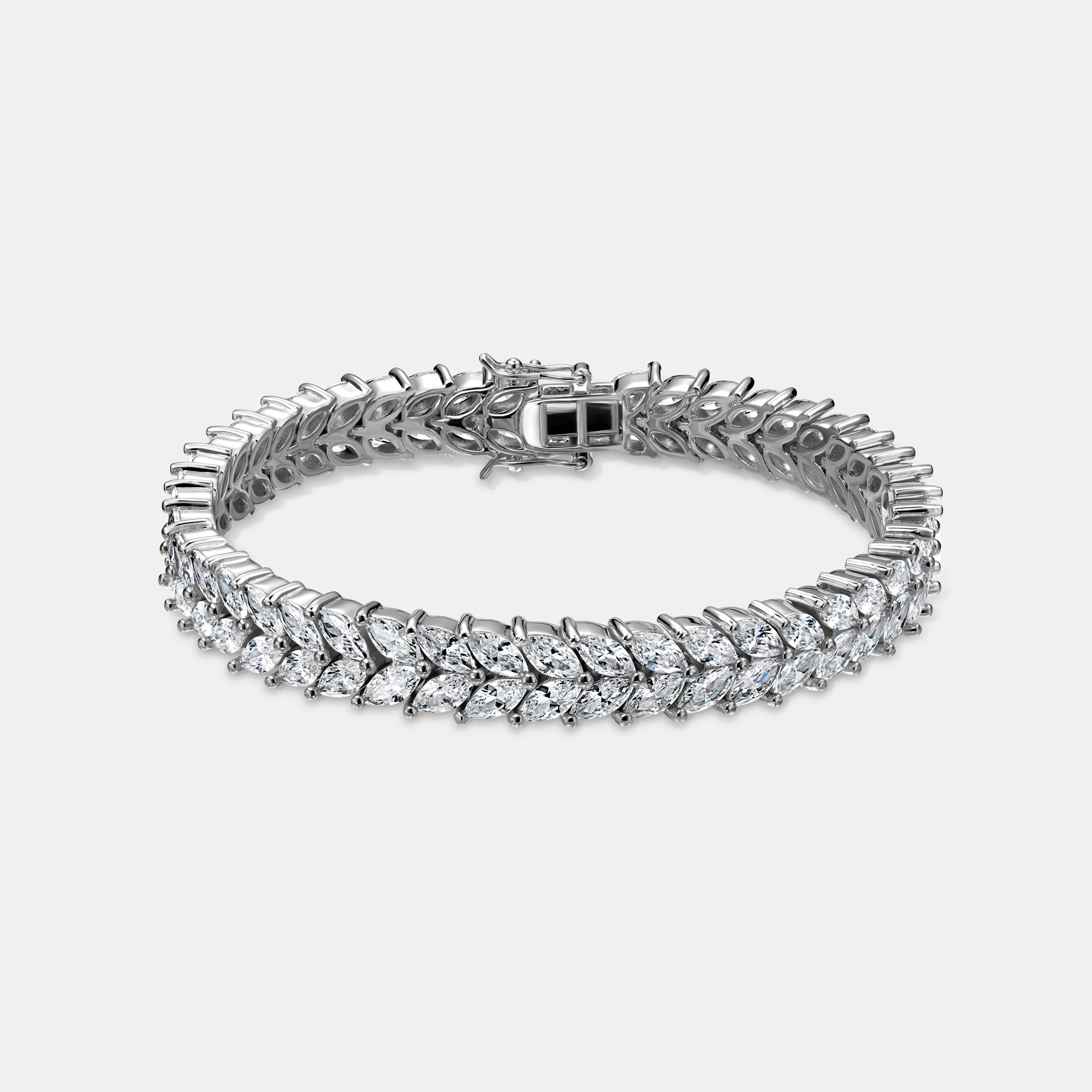

Leave a comment
This site is protected by hCaptcha and the hCaptcha Privacy Policy and Terms of Service apply.